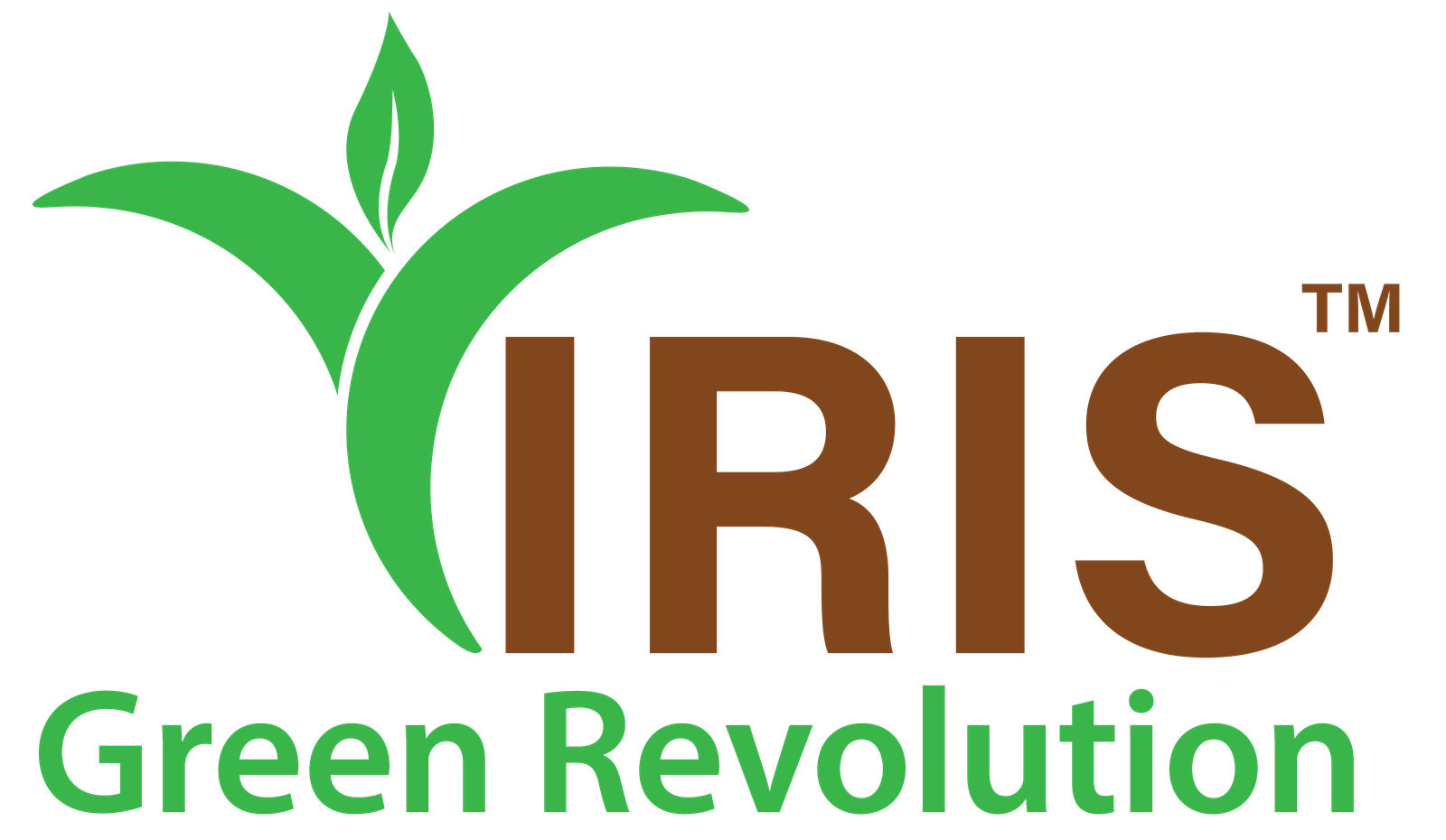The Future of Agriculture: Innovations in Crop Protection and Yield Enhancement
In the ever-evolving landscape of agriculture, the future is being shaped by cutting-edge innovations that promise not only to protect crops but also to substantially enhance their yields. At Iris Green Revolution, we are at the forefront of this agricultural renaissance, developing and integrating new technologies and methods that redefine what is possible in the field.
Crop Protection: Beyond Conventional Methods
Traditional methods of crop protection have often relied on chemical pesticides and manual labor – approaches that are increasingly seen as unsustainable. The future lies in smarter, more sustainable solutions that work with the environment rather than against it.
Biotechnology is playing a significant role in this shift. Genetic advancements have led to the development of crop varieties that are inherently resistant to pests and diseases. These crops require fewer chemical inputs, reducing the environmental impact and helping farmers reduce costs.
Another innovation comes in the form of precision agriculture – using data analytics, drones, and IoT devices to monitor crop health, soil conditions, and microclimates. This technology allows for early detection of potential issues, enabling targeted interventions that are both cost-effective and environmentally friendly.
Yield Enhancement: Smart Solutions for Abundant Harvests
The quest for increased yields has led to various innovative approaches. One such approach is the use of smart fertilizers that release nutrients in response to the plant’s needs. This not only boosts growth but also minimizes nutrient leaching into the environment.
Soil health is another critical aspect of yield enhancement. Innovations in soil amendments, such as biochar and mycorrhizal inoculants, are helping to improve soil fertility and structure, leading to better water retention, nutrient uptake, and ultimately, more robust crop growth.
Vertical farming is revolutionizing the concept of space in agriculture. By growing crops in vertically stacked layers, often in controlled environments, we can produce more food per square meter than traditional farming methods, with the added benefits of reduced water use and the elimination of agricultural runoff.
Sustainable Intensification: The Balancing Act
As we look to the future, the concept of sustainable intensification has emerged as a guiding principle. It’s about producing more from the same amount of land while reducing the negative environmental impacts. It encompasses everything from no-till farming, which helps preserve soil structure and biodiversity, to integrated pest management, a holistic approach that combines biological, cultural, physical, and chemical tools to manage pests in an environmentally and economically sound way.
Iris Green Revolution’s Commitment
Our commitment at Iris Green Revolution is to be the catalyst for these changes. By investing in research and development, we are helping to bring these innovations from the lab to the land. We understand that the future of agriculture must be built on the principles of sustainability, efficiency, and resilience.
We are working hand in hand with farmers, agronomists, and scientists to tailor these innovations to the needs of the farming community. Our aim is to ensure that the future of agriculture is not only productive but also sustainable and capable of feeding the growing global population without depleting our precious natural resources.
The future of agriculture is bright, and at Iris Green Revolution, we are excited to be leading the way towards a more sustainable and abundant tomorrow.
